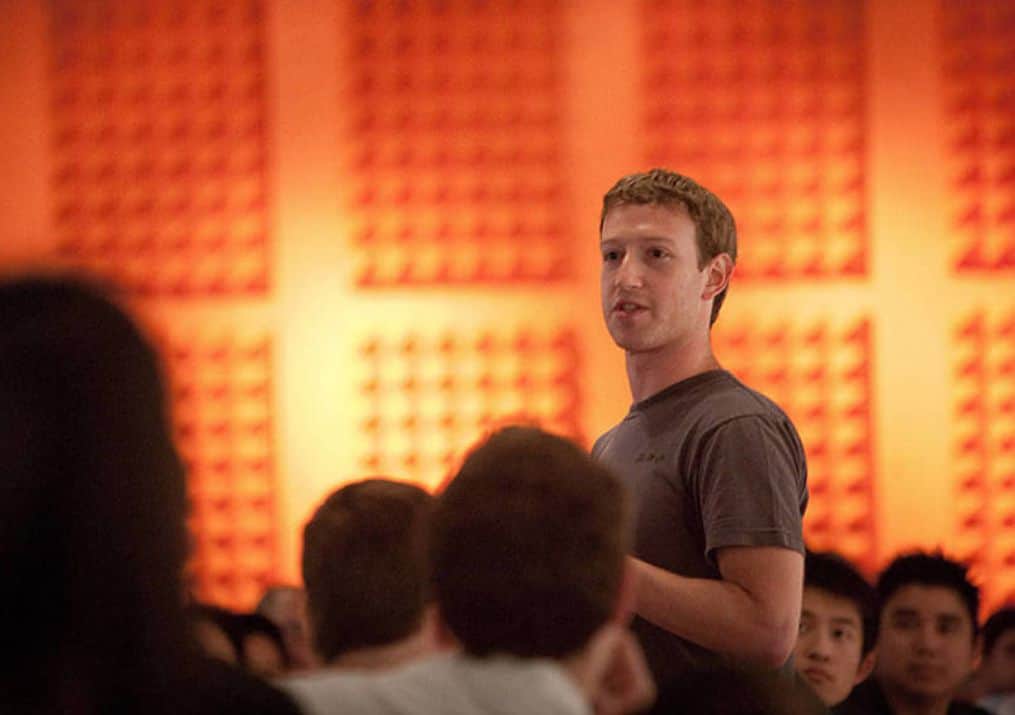The entrepreneurship ecosystem par excellence has entered a monotony in which everything involves replicating existing solutions and not innovate in response to unresolved things
Entrepreneurship ecosystems have been very remarkable in recent decades. Not only because they allowed many people instead of looking for a secure job in the administration or a large company to have the opportunity to develop their project, but also because they served to create products and services that have undoubtedly brought value to society. However, when societies have had an urgent need for new responses, for example, in the face of a global pandemic such as the one we are experiencing with the coronavirus, we have been disappointed that the great icon of these environments, Silicon Valley, does not work as many would have imagined.
Although the foundations come from before, the emergence of this ecosystem in the 1950s is closely linked to the collaboration between academic research (Stanford University) and business innovation. For example, ‘Fairchild Semiconductors’, creator of the first chip that would give the United States a great technological advantage, is also the first venture capital operation (1958). Thus a culture of generating new solutions to the challenges of each moment is born, regardless of their nature.
A great inheritance
The value it has brought to the world at this time is impressive. Companies have been created that changed their time like IBM, GE, Kodak or HP at the beginning, Apple later, or Google, Netflix, Facebook in this century. About 28% of the investment for companies in the US development phase is captured by companies located there, the GDP per capita in the area is more than double that of the country, and is the area metropolitan area with the highest GDP growth.
But even so, for several years numerous articles and books have been appearing that announce the deterioration and even the fall of this ecosystem. The New York Times itself, in an article by Kevin Roose, speaks of “the end of Silicon Valley.”
Many observers maintain that this decline is marked because the accumulation of wealth and power has been imposed on the work ethic and other values inherent in democratic societies. Thus, everything is very expensive, discrimination, sexism, harassment grows … All these elements may be part of the reason, but in my opinion, the main one is lack of purpose.
For many years these ecosystems fed on visionaries, spirits with drive who found a need in the market and tried to fill it. Creative models arose spontaneously to carry out projects, and it was a genuine team that led the way to success. They had a shared purpose.
Objective: To be a unicorn
Possibly it is from 2013 that unicorns are spoken of to define the disruptive ‘startups‘, which had grown a lot and very quickly, reaching valuations of more than a billion dollars, when that shared purpose begins to fade. Being a unicorn had become the goal. And to achieve this, we begin to standardize and implement responses already learned for everything: ‘Design Thinking’ or ‘Lean Start-up’ to create your model; Techniques for generating ‘leads’, attracting users, retention, ‘lifetime value’ … Everything focuses on the so-called ‘Business Intelligence’.
What part remains for the creativity that overflowed that valley fifteen or twenty years ago? Little. There begins to be no room for new processes that generate unexpected responses. His ‘why’, as Simon Sinek would say, is to raise capital, earn money, be a unicorn, make a million-dollar sale. Silicon Valley becomes the place with the most important knowledge to create, manage and finance entrepreneurial startups, but not to find new answers, to reinvent yourself. For this reason, when a crisis like that of the covid-19 has arrived, it has been seen that all the potential is focused on being a machine to generate economic benefit, not on giving the answers that society needs.
But, of course, not everything is negative, far from it. In my opinion, this process, common to most entrepreneurial ecosystems, is simply natural in evolutionary processes. Alex Lazarow in his book ‘ Out-Innovate: How Global Entrepreneurs — from Delhi to Detroit — Are Rewriting the Rules of Silicon Valley ‘ explains that the model is running out because the world of innovation needs to reinvent itself. He argues that change is underway but the epicentre of where it will happen is fuzzy.
I agree with Lazarow, although in my opinion innovation is only the result of the creative process of one or more innovators in the face of an unresolved need due to pre-learned responses. That is, the purpose is to solve unresolved needs, in addition to being profitable, to generate new unexpected solutions. I think we are entering the ‘Era of the Innovator’, from the change of focus from the entrepreneur to the innovator (which, as we will see in a future article, is different) and that these people will once again put the purpose at the center of their objectives. And that regeneration will not take place in a valley, city or country, but will be geographically liquid and delocalized.
* By Jose Almansa, co-founder of LOOM and author of the book ‘The end of innovation. The era of the innovator ‘.
